While Confederate history will forever be marred in modern minds by the evil oppression which they allowed within their midst, I believe that the past must be honored and remembered, in part so that it will never be repeated. Most reenactors will quickly tell you that these events are about preserving our personal and national heritage, and not about celebrating hate.
I present now for your consideration another story about a group of people who were pondering "secession" during difficult times:
Acts 27:27-44 New International Version (NIV)
The Shipwreck
27 On the fourteenth night we were still being driven across the Adriatic[a]Sea, when about midnight the sailors sensed they were approaching land. 28 They took soundings and found that the water was a hundred and twenty feet[b] deep. A short time later they took soundings again and found it was ninety feet[c] deep. 29 Fearing that we would be dashed against the rocks, they dropped four anchors from the stern and prayed for daylight. 30 In an attempt to escape from the ship, the sailors let the lifeboat down into the sea, pretending they were going to lower some anchors from the bow. 31 Then Paul said to the centurion and the soldiers, “Unless these men stay with the ship, you cannot be saved.” 32 So the soldiers cut the ropes that held the lifeboat and let it drift away.
33 Just before dawn Paul urged them all to eat. “For the last fourteen days,” he said, “you have been in constant suspense and have gone without food—you haven’t eaten anything. 34 Now I urge you to take some food. You need it to survive. Not one of you will lose a single hair from his head.” 35 After he said this, he took some bread and gave thanks to God in front of them all. Then he broke it and began to eat.36 They were all encouraged and ate some food themselves. 37 Altogether there were 276 of us on board. 38 When they had eaten as much as they wanted, they lightened the ship by throwing the grain into the sea.
39 When daylight came, they did not recognize the land, but they saw a bay with a sandy beach, where they decided to run the ship aground if they could. 40 Cutting loose the anchors, they left them in the sea and at the same time untied the ropes that held the rudders. Then they hoisted the foresail to the wind and made for the beach. 41 But the ship struck a sandbar and ran aground. The bow stuck fast and would not move, and the stern was broken to pieces by the pounding of the surf.
42 The soldiers planned to kill the prisoners to prevent any of them from swimming away and escaping. 43 But the centurion wanted to spare Paul’s life and kept them from carrying out their plan. He ordered those who could swim to jump overboard first and get to land. 44 The rest were to get there on planks or on other pieces of the ship. In this way everyone reached land safely.
The Civil War represents a time in American history when our nation was so divided over the results of a Presidential election that almost half the country decided they were better off seeking their fortunes elsewhere. Not only did the political polarization reach such an unsustainable tenor, but people on both sides of the debate were literally clamoring for open conflict to resolve the issue.
One reason why I chose to go to Georgetown is because they celebrate their own role in the war. Taken over as a military hospital after Second Bull Run (Manassas), Georgetown was also the site where Abraham Lincoln came to deliver remarks which have since caused the steps of Old North to be used by numerous subsequent Presidents as a place to address crowds.
I have made no reservations about my disdain for our current President. I think that supporting someone's politics while ignoring their fundamental character is antithetical to how we should live as Christians. While the South may have had some Constitutional basis for the argument of States' Rights, they also had a fatal blind spot to the moral bankruptcy of the institution of slavery on which their entire agricultural economy was founded. Like the agrarian South with its lofty dreams of independence without the industrial machinery or manpower to actually beat the North, I believe that Trump apologists entertain many similar illusions about returning to a beautiful world where America stands alone, independent of the international economic system which they are so crucially integrated into.
The problem of Secession (and blind spots) is not limited to the political Right either. Many progressives have argued in the wake of the DNC debacle that the Democratic party is irretrievably corrupt, and only a new and more Socialist party can save us from the kind of cronyism that allowed Hillary to blackball Bernie Sanders. Worse still, some argue that the Constitution itself needs to be abolished or rewritten in order to prevent the likes of Hillary or Trump from ever happening again. This is also misguided.
We are on a dangerous road of extreme division, the likes of which has not been seen since the rancorous election of 1860. If anyone would seek to tear apart our "ship of state," or build lifeboats for themselves in terms of autonomous regions, they run the very serious risk of destroying the capacity of this nation to be as great as it has been over the last 150 years. We never could have achieved the victories of two World Wars if we relied on a weak, decentralized Federal Government like the one that nearly lost us the War of 1812. We also cannot give in to a purely collectivist agenda, because liberal socialism is currently being tried ad nauseam in the nations of Europe, where decades of uncontrolled public spending have left many government balance sheets more bloated than their GDPs should reasonably allow, forcing austerity measures and widespread discontent. (This discontent, incidentally, has led to Britain's secession crisis, where they now face the cold hard reality of life outside the Eurozone.)
So what am I proposing?
Reconciliation.
We need to lay down our collective arms, before the war breaks out, and do our best to hear the arguments being made by the opposing sides with fresh, less-emotional ears. We need to realize that this country is only "great" when everyone in it has a seat at the proverbial table, and discussions are won by cool-headed, rational debate rather than blind rage. Is that overly optimistic? Maybe. The alternative, however, is to allow this nation to descend again into factions so violently opposed to one another that only years of senseless death can purge the bad blood, and leave lasting scars on the nation's memory and its landscape.
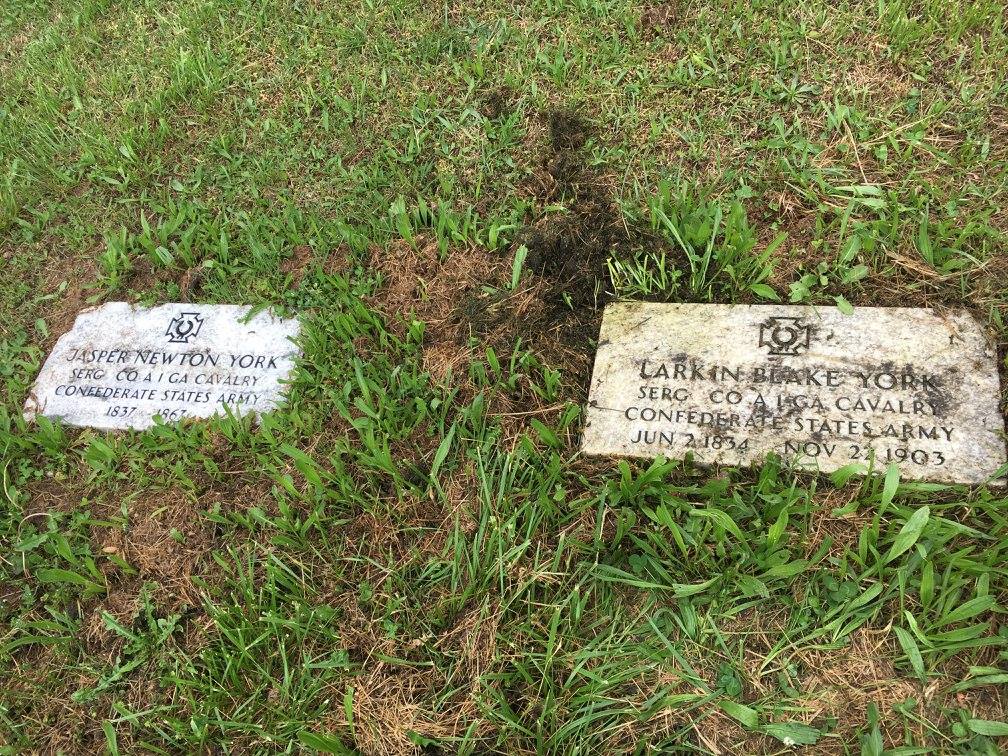
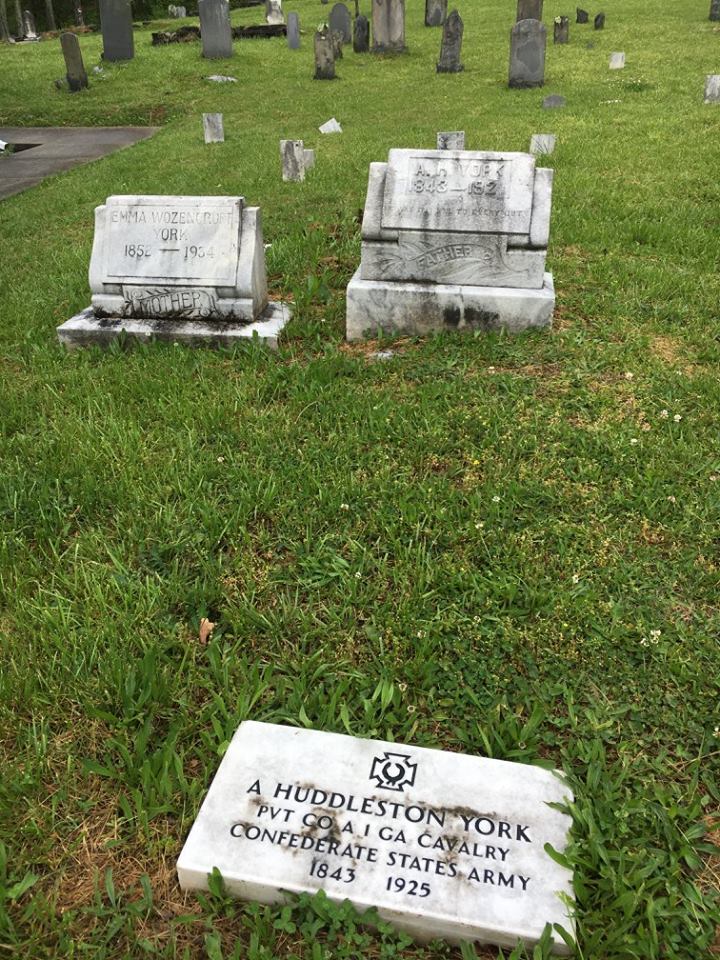
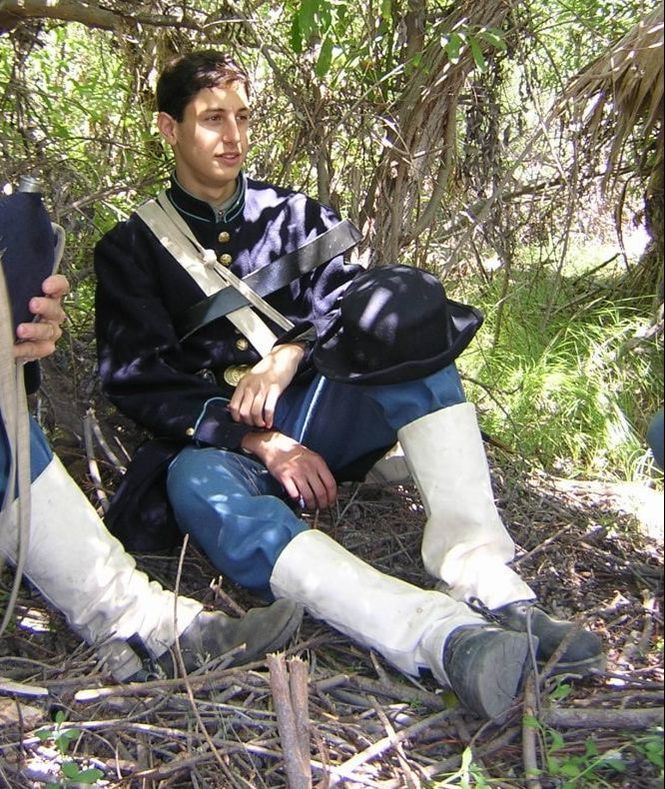
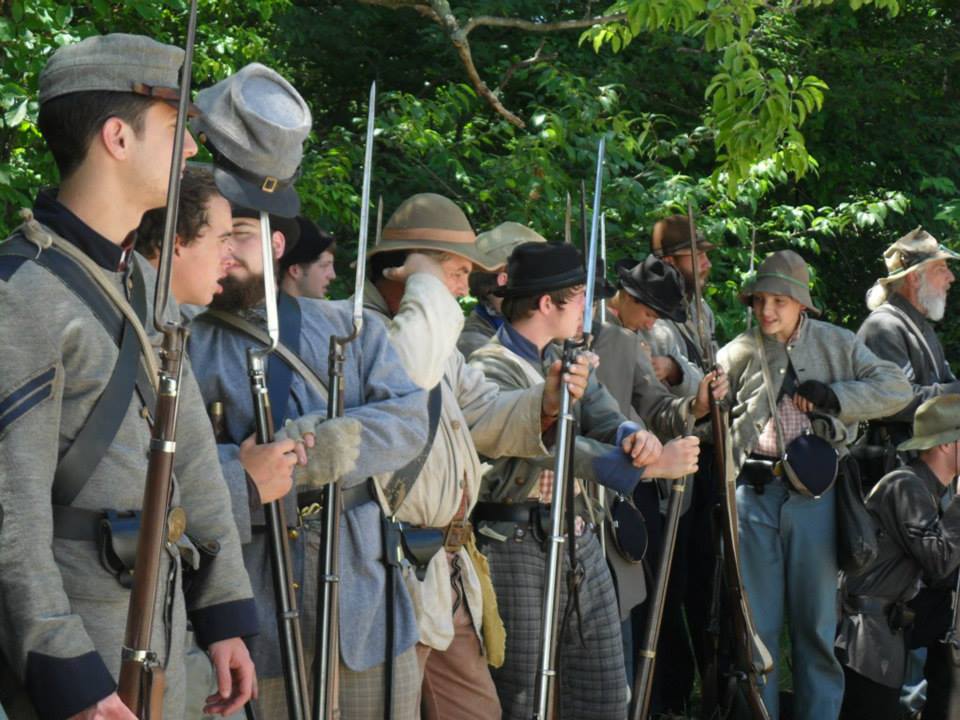
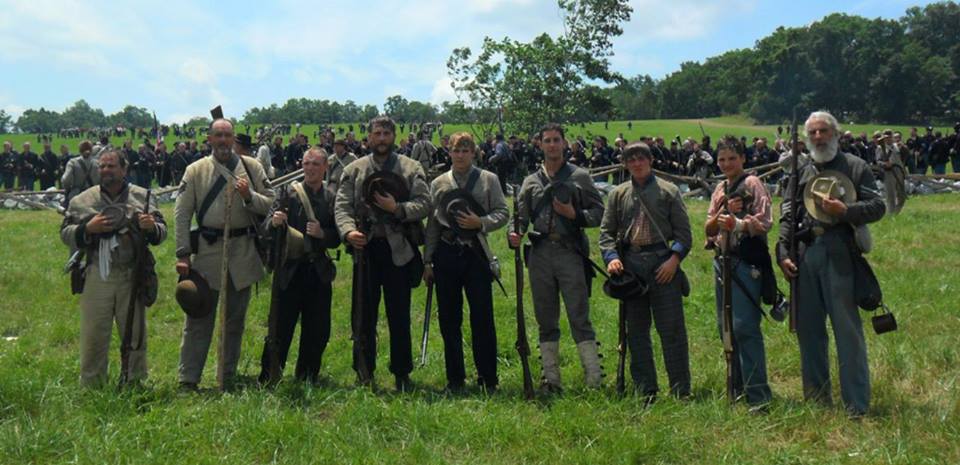
 RSS Feed
RSS Feed